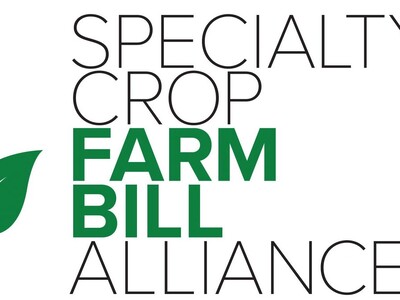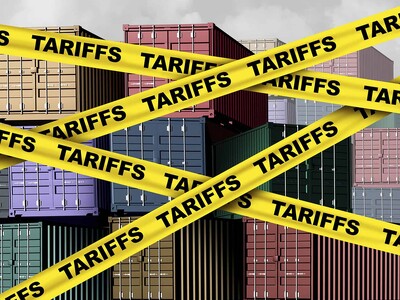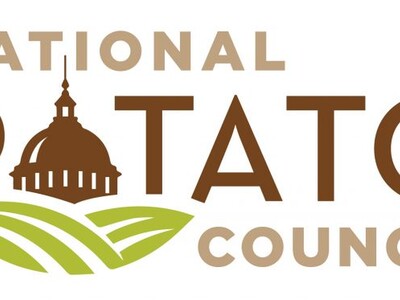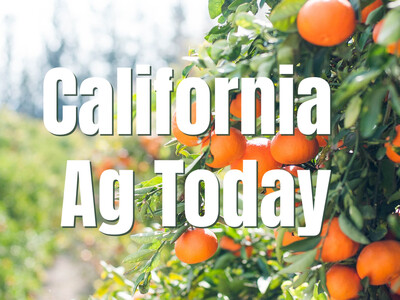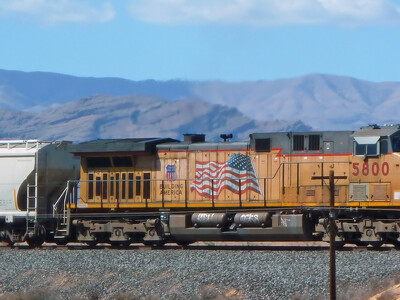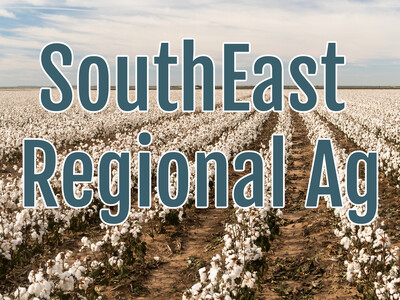Low Stress Cattle Handling
Low Stress Cattle HandlingI'm Lacy Gray with Washington Ag Today.
WSU Extension Animal Sciences Regional Specialist Sarah Smith explains that improving cattle handling practices can provide many advantages.
SMITH: From the animal we definitely see improved animal performance, health - their response to vaccines is better when they aren't stressed. Also, we don't see the injuries, and so animals that go on into the packing plants there's improvement from a carcass quality standpoints with dark patterns. From the human side of it we definitely see improved safety for our handlers, but it's also important to note, both for our family members and our employees, we see improved morale and retention back into these operations, in addition to less injuries. We're also seeing our consumers really pushing an interest to have documentations and verification that these animals are handled and cared for correctly. It's always been on the minds of our cattle ranchers, but we know that we can do better.
WSU Extension, the Grant County Cattlemen's Association, Washington Cattle Feeders Association, and the Washington Cattlemen's Association are sponsoring two seminars on low-stress cattle techniques for cattle/stocker feeders and management practices for receiving, sorting, processing, loading, and transporting cattle, and implementation of good stockmanship practices in cattle stocker/feeder operations in Eltopia May 19 and 21. Dr. Tom Noffsinger, D.V.M. and cattle handling expert will be on hand as one of the featured instructors. Funding is provided by Western Center for Risk Management Education, the USDA National Institute of Food and Agriculture.
That's Washington Ag Today.
I'm Lacy Gray with the Ag Information Network of the West.





